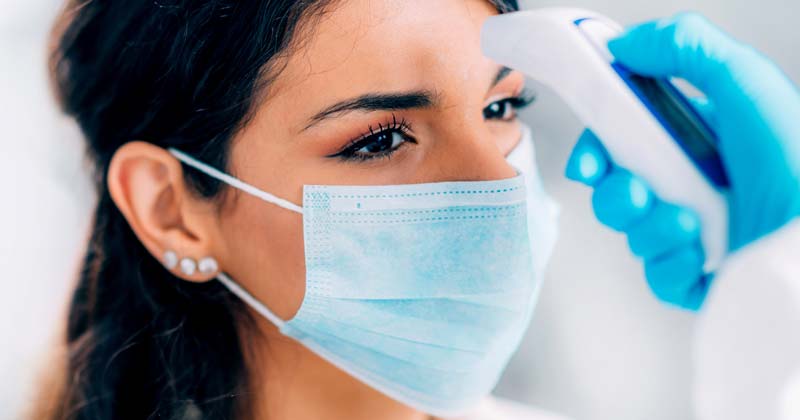2 Sept 2020
Having shone a light on the challenges faced by this year’s new grad vets, Jordan shifts her focus to students struggling to find EMS placements and how the profession can still help, despite COVID-19.

Image © goodluz / Adobe Stock
While this year’s new graduates have been dealt a particularly bad hand, students who aren’t as far through the veterinary course are also affected in a number of ways.
Those in clinical years have had their clinical EMS requirements reduced by up to half – and while this takes the pressure off individuals to secure placements, many students will not feel “ready” to graduate, having had less opportunity to hone clinical skills or reinforce and apply their knowledge to practical scenarios.
Preclinical students have had their husbandry EMS requirements reduced, and no doubt will be struggling to find farms or appropriate businesses that will be willing to accept placements under the current circumstances.
I appreciate that practices may be concerned about accepting students at this time for a number of reasons, but it’s worth considering if any sort of placement can be offered, as a mutual benefit exists to both parties.
When my practice was desperately busy during lockdown, we offered one of our previous vet students a placement, and she was absolutely invaluable for those weeks that we were particularly short-staffed.
The main concern for practices considering to take on students again will be having new people introduced to the team, which will have effectively become a “bubble”.
With Public Health England recently updating advice to the BVA with regard to the test and trace programme, veterinary staff who take appropriate precautions will not be classed as contacts and, therefore, will not be asked to self isolate. Therefore, the use of personal protective equipment – which practices should already be doing – would hopefully inspire more confidence in taking on students going forward.
Other precautions should be taken, such as asking students not to come in if they feel unwell, and checking temperature on entering the practice, which may apply to all staff anyway.

To minimise the amount of unnecessary contact that a student has with staff, it would be sensible to integrate him or her into one bubble of staff – particularly if the practice is still keeping various teams separate or segregating branch sites.
For farm or ambulatory practice, it would be up to staff to risk assess having a student in the car, with the alternative being asking a student to follow in his or her own car, or meet at the farm. However, many vets use the driving time to discuss cases, so may feel that this results in a suboptimal learning experience.
Some vets will worry they don’t currently have the time to teach students, with the abstract way of working that we all have adapted to temporarily. But, while it has been extremely busy in practice, I have found that often the opposite is actually true.
Since most practices are still examining patients away from the owners, having students for an extra pair of hands not only gives them the opportunity to improve animal handling skills, but also frees up a nurse to continue his or her own tasks.
Not having the client present makes case discussion easier, and provides more opportunities for practicing clinical exams and administering injections. I have found it particularly useful for those simple tasks that vets often overlook, but students rarely get an opportunity to practice without the watchful eyes of the client, such as giving intranasal kennel cough vaccines, ear cleaning or tableting cats.
With so many placements being cancelled, I’m sure vet students will be understanding if their EMS is a bit different at the moment – after all, life is different for all of us right now.
I find most university students are more help than they are a hindrance, and they will really appreciate the opportunity to learn – especially in the current circumstances.
Fundamentally, all aspects of veterinary are affected by the pandemic in various ways, and we should pull together to keep the profession going in whichever ways we can.
We may not feel the full repercussions for a while yet, but the confidence and quality of graduates over the next couple of years may be negatively affected (through no fault of their own) if we do not try to help them where we can.
An attitude of “it’s not my problem” is not good enough, because, ultimately, it will be your problem when, next year, your practice employs a new grad who needs extra guidance.
If saving the wider profession means practices should start taking some students again where possible then is it not worth the effort?